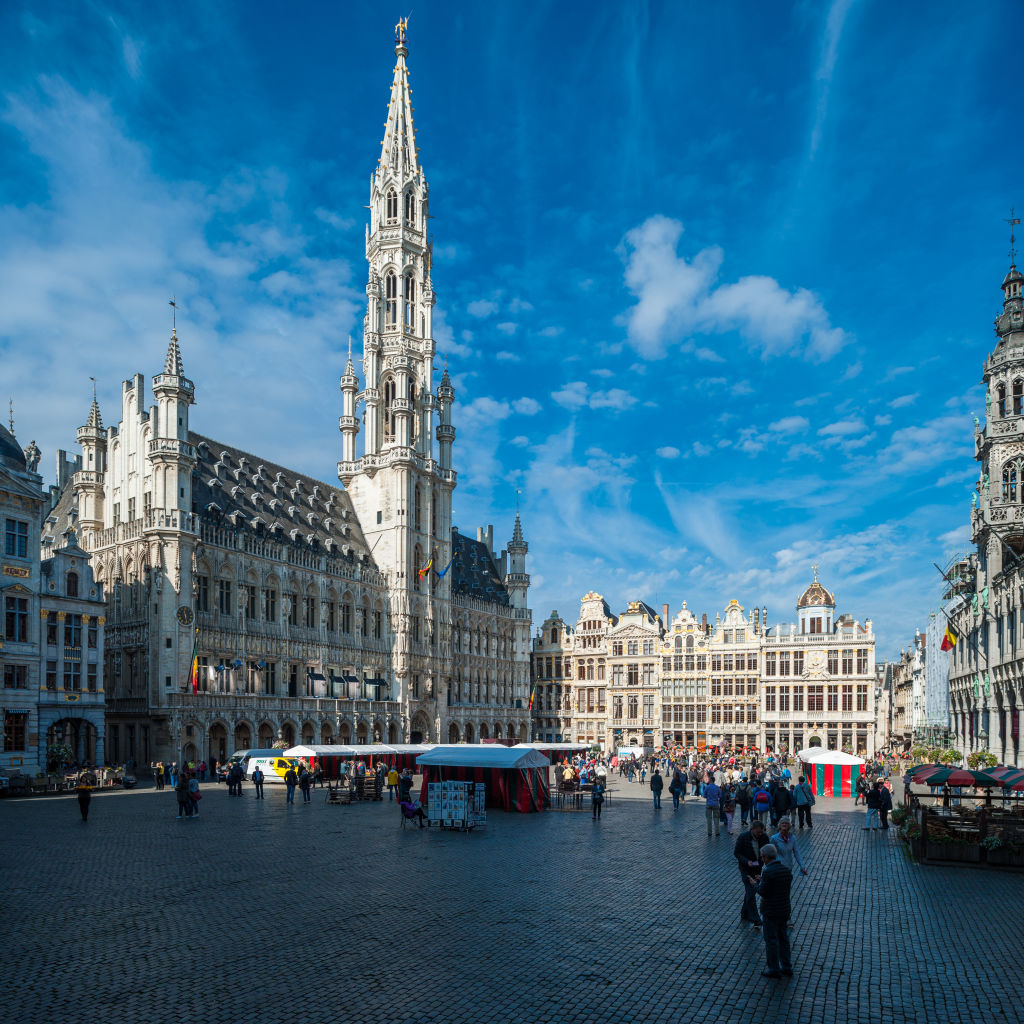
Frequent museum goers may notice that they aren’t just expanding their minds but also unwinding them by relieving stress.
A pilot study at Brugmann University Hospital in Brussels, Belgium, is testing whether art and culture can relieve people’s everyday anxiety by focusing their minds on more positive stimuli. As part of a new six-month pilot project, some patients suffering from poor mental health will be offered a “museum prescription.”
The scheme will offer up to five free visits to Brussels cultural institutions, accompanied by friends or family. The voluntary treatment would be added to the range of existing services, including medication and therapy, and is reserved for those suffering from relatively mild conditions, such as burnout, depression, and anxiety.
Participating organizations include contemporary art space Centrale, the Fashion and Lace Museum, the Sewer Museum, and the extensive wardrobe that dresses up the city’s infamous public statue Mannekin Pis, a little boy peeing.
The initiative also aims to foster reconnection among a society that spent years locked up during the pandemic. It is hoped that the free visits will serve as a catalyst to encourage more active participation in Brussels’s rich offerings.
“I want everybody back in our cultural institutions,” the city’s deputy mayor for culture, Delphine Houba, told the Guardian. But there have long been financial and cultural barriers to access. “They don’t feel at least, they don’t think that it’s for them.”
She said the project was inspired by a 2018 scheme which saw Canadian doctors prescribe free visits to the Montreal Museum of Fine Arts.
One of the organizers, Hélène Boyer, vice-president of Médecins francophones du Canada, told the Montreal Gazette at the time that art therapy has scientifically proven health benefits. “It increases our level of cortisol and our level of serotonin. We secrete hormones when we visit a museum and these hormones are responsible for our well-being.”
The success of the pilot program in Brussels will be measured by patient feedback to their doctor. If it appears to be having a positive effect, the initiative may be extended to include more museums and other activities, such as visiting the cinema.